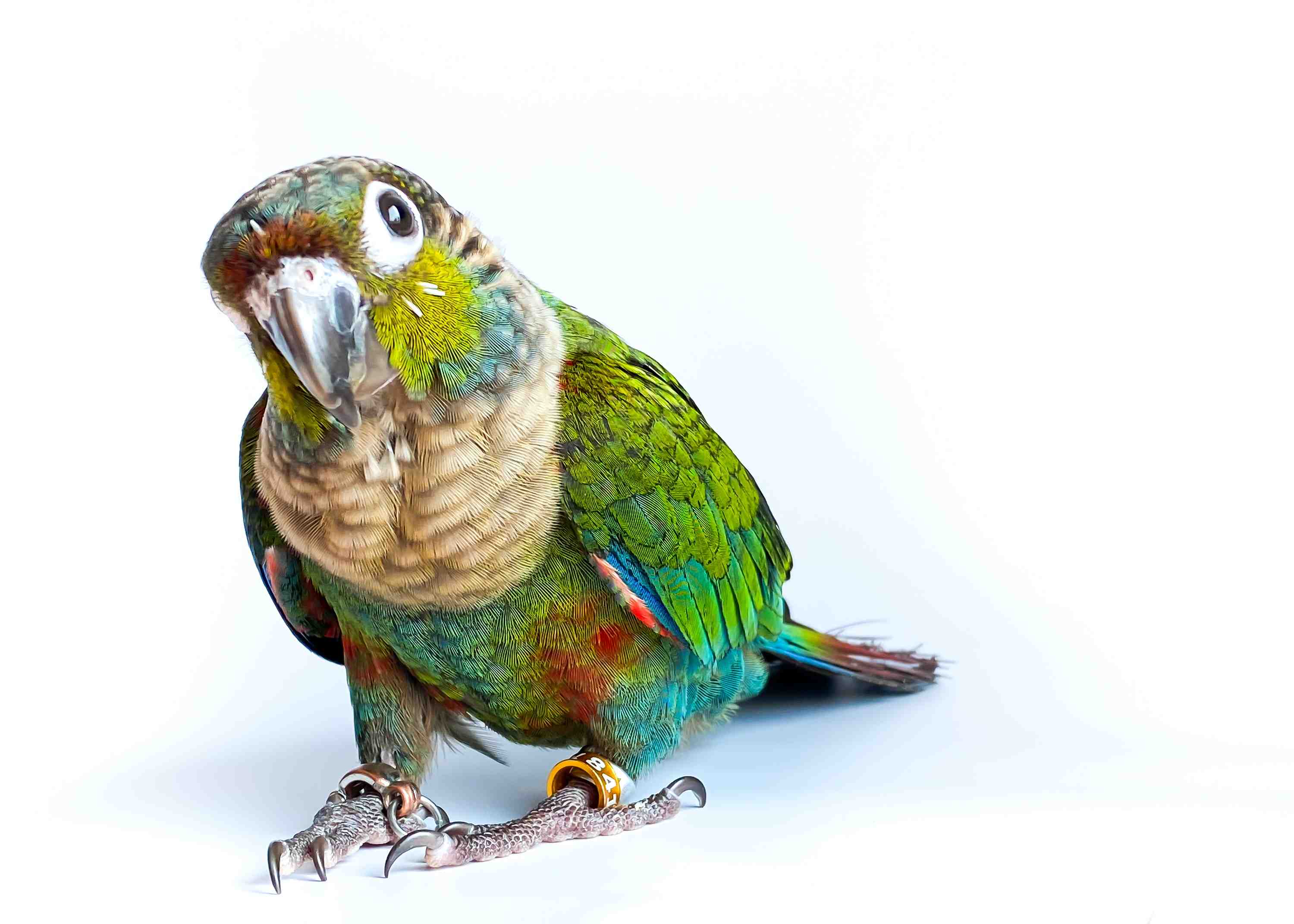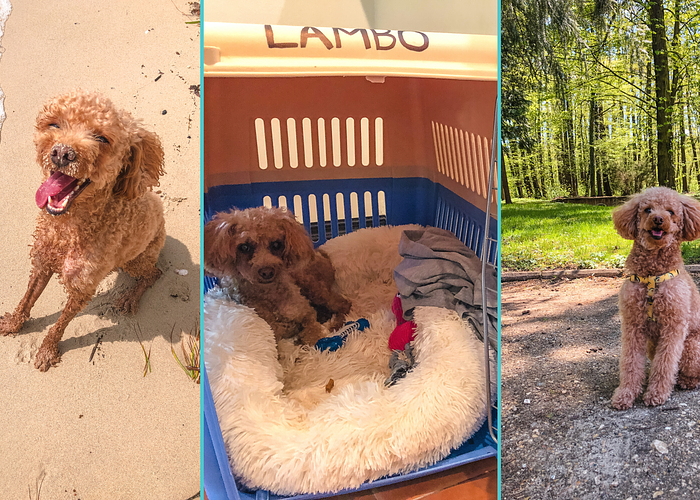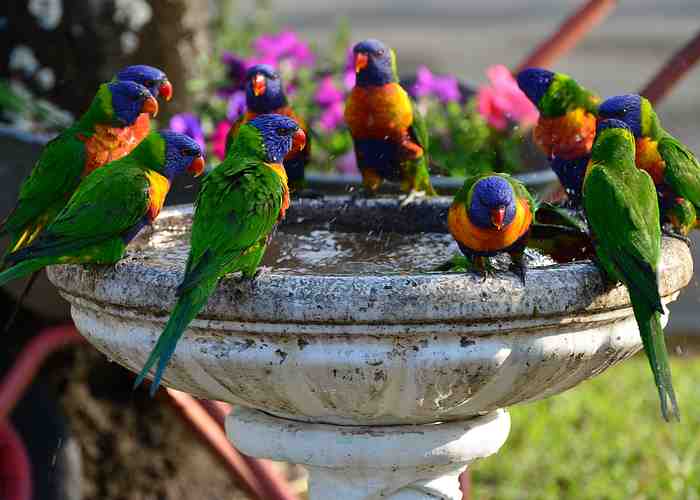Adopt don't Shop or Ethical Breeders?
In the world of pet birds, the debate between adopting and shopping is a constant topic of discussion on social media. This post aims to shed light on the benefits of adopting parrots while also acknowledging the legitimacy of choosing ethical breeders, especially in situations where specific needs or preferences come into play. Either way, i would like to mention that if you are thinking about getting a bird, consider adopting or going to a rescue or finding a bird that needs to be rehomed because there are so many birds that need a good home and by going to breeders we are only adding to the problem of the number of birds who deserve better.
Parrots are wild animals, and they were never really meant to be pets, but once they are raised in captivity, they do not have the skillset to survive in the wild.
Of course, if you can, are able and have the experience to work with a bird who deserves a second chance, who is in need of a better home and is up for adoption, this a great way to make a difference and hopefully reduce the demand for birds in pet stores or with unethical breeders.
Parrots are wild animals, and they were never really meant to be pets, but once they are raised in captivity, they do not have the skillset to survive in the wild.
Of course, if you can, are able and have the experience to work with a bird who deserves a second chance, who is in need of a better home and is up for adoption, this a great way to make a difference and hopefully reduce the demand for birds in pet stores or with unethical breeders.
Adopting Parrots - A Compassionate Choice:
-
Rescuing a Life:
Adopting a parrot from a shelter, rescue organization or one that needs to be rehomed from a website provides a second chance at life for a bird in need. Many parrots find themselves in shelters or being rehomed for various reasons, such as changes in their owner's circumstances or health issues, behavioural issues or the misconception that they are easy-to-maintain pets. -
Reducing the Demand for Breeding:
By adopting, you contribute to the reduction in demand for breeding operations. This, in turn, helps combat overpopulation and the potential mistreatment of birds. It helps to reduce breeding by unethical breeders and pet stores who view the birds as a profit. -
Embracing Variety:
Shelters often house a diverse array of parrot species, allowing potential owners to discover and adopt a feathered friend that truly matches their lifestyle and preferences. Always remember to do your research before bringing a parrot home; they are a huge responsibility. Mike, a recent podcast guest on episode 21, suggested researching 4-6 months before getting a bird and finding opportunities to spend time with them before making a decision.
The Role of Ethical Breeders:
-
Responsible Breeding Practices:
Ethical breeders prioritize the health and well-being of their birds. They adhere to responsible breeding practices, ensuring proper nutrition, veterinary care, and appropriate bird living conditions. -
Species Preservation:
Some parrot species are endangered or at risk of becoming so. Ethical breeders may focus on preserving and protecting these species, contributing to conservation efforts through responsible breeding programs. -
Health:
Reputable breeders often provide health guarantees for their birds, ensuring that the parrots are free from disorders and/or diseases. This can provide peace of mind for potential owners who are passionate about their birds. They educate owners on proper care and ensure that each bird goes to a good home.
Specific Needs:
-
Paperwork and Documentation:
Some individuals might require specific paperwork, like a breeder certificate, health certificate, etc., and may find ethical breeders a preferred option. This documentation can be crucial for those anticipating travel or requiring a comprehensive health history for their new feathered companion. That's not to say that an adopted bird won't come with paperwork so look into it! -
Behavioural Support:
Novice parrot owners or those who may lack experience in handling specific behavioural issues may find the guidance helpful. You can get support and advice from consultations with parrot behaviourists and trainers who help owners navigate potential challenges. Birds who are up for adoption may but do not always require some more experience in the case of behavioural issues and understanding how to work on training and bonding with a bird who may have past trauma.
Ultimately, your love and care for your parrot matter most. Let's promote understanding and education rather than judgment within the bird community on how someone got their bird.
As always, it is important to research proper parrot care, specific species, understanding behaviours, sounds, health risks, lifestyle changes, proper diet, training, bonding tips, hormones, reasons for biting, the monthly costs of having a bird, etc.
I am currently on a mission to rescue a bird from a Petsmart location that I have seen there for months now, and my heart just can't take it anymore. I don't want to support huge pet chain stores, and I am trying to figure out the best course of action to get this bird into a good home while bringing awareness and less profit to the store! Birds deserve so much more! If you are able, please help me with any donation you can. Read more in the link below!
As always, it is important to research proper parrot care, specific species, understanding behaviours, sounds, health risks, lifestyle changes, proper diet, training, bonding tips, hormones, reasons for biting, the monthly costs of having a bird, etc.
I am currently on a mission to rescue a bird from a Petsmart location that I have seen there for months now, and my heart just can't take it anymore. I don't want to support huge pet chain stores, and I am trying to figure out the best course of action to get this bird into a good home while bringing awareness and less profit to the store! Birds deserve so much more! If you are able, please help me with any donation you can. Read more in the link below!



.png)
